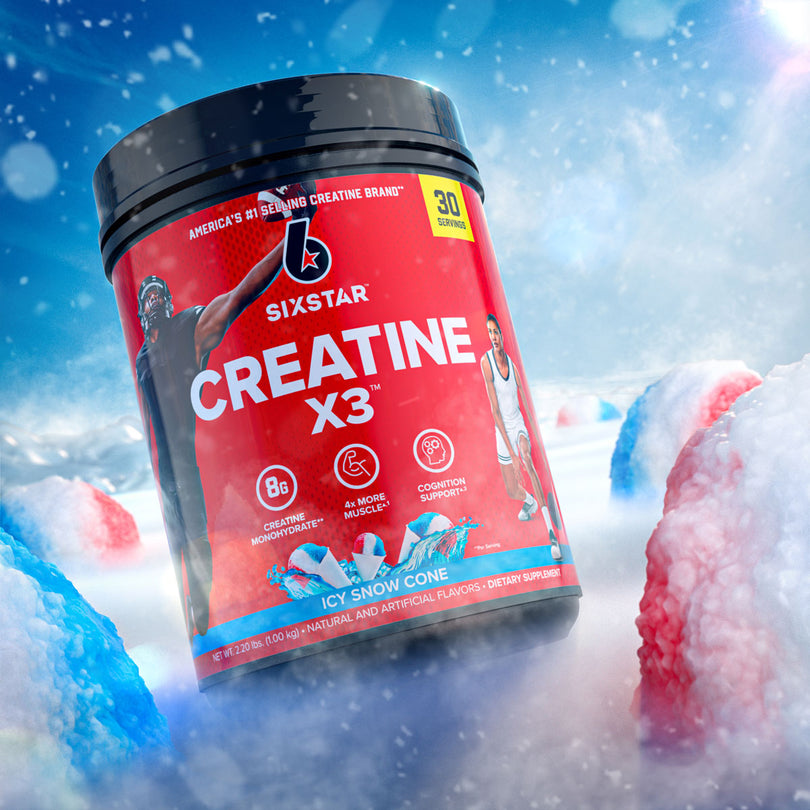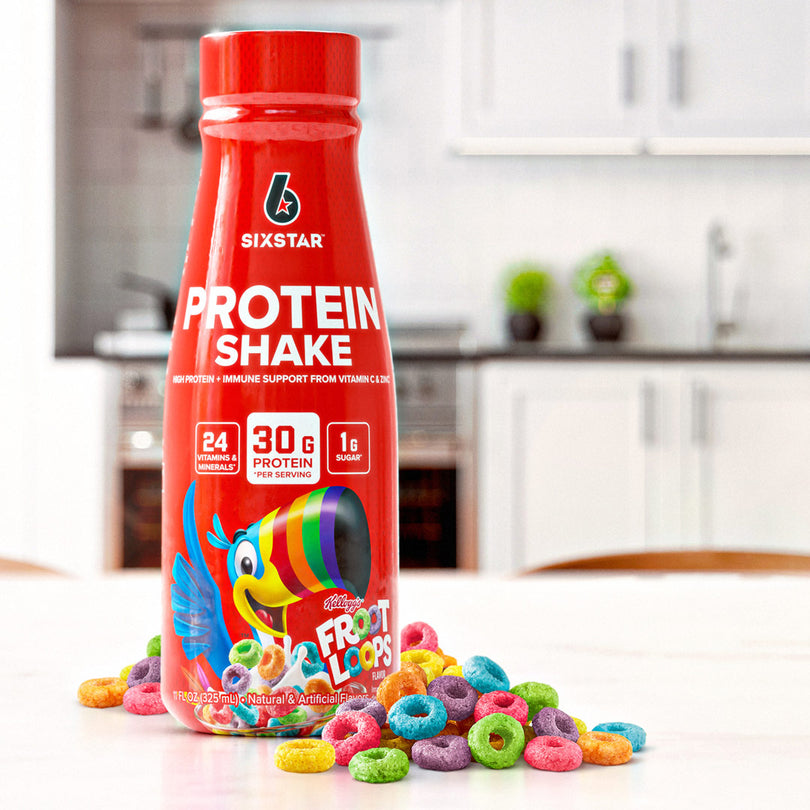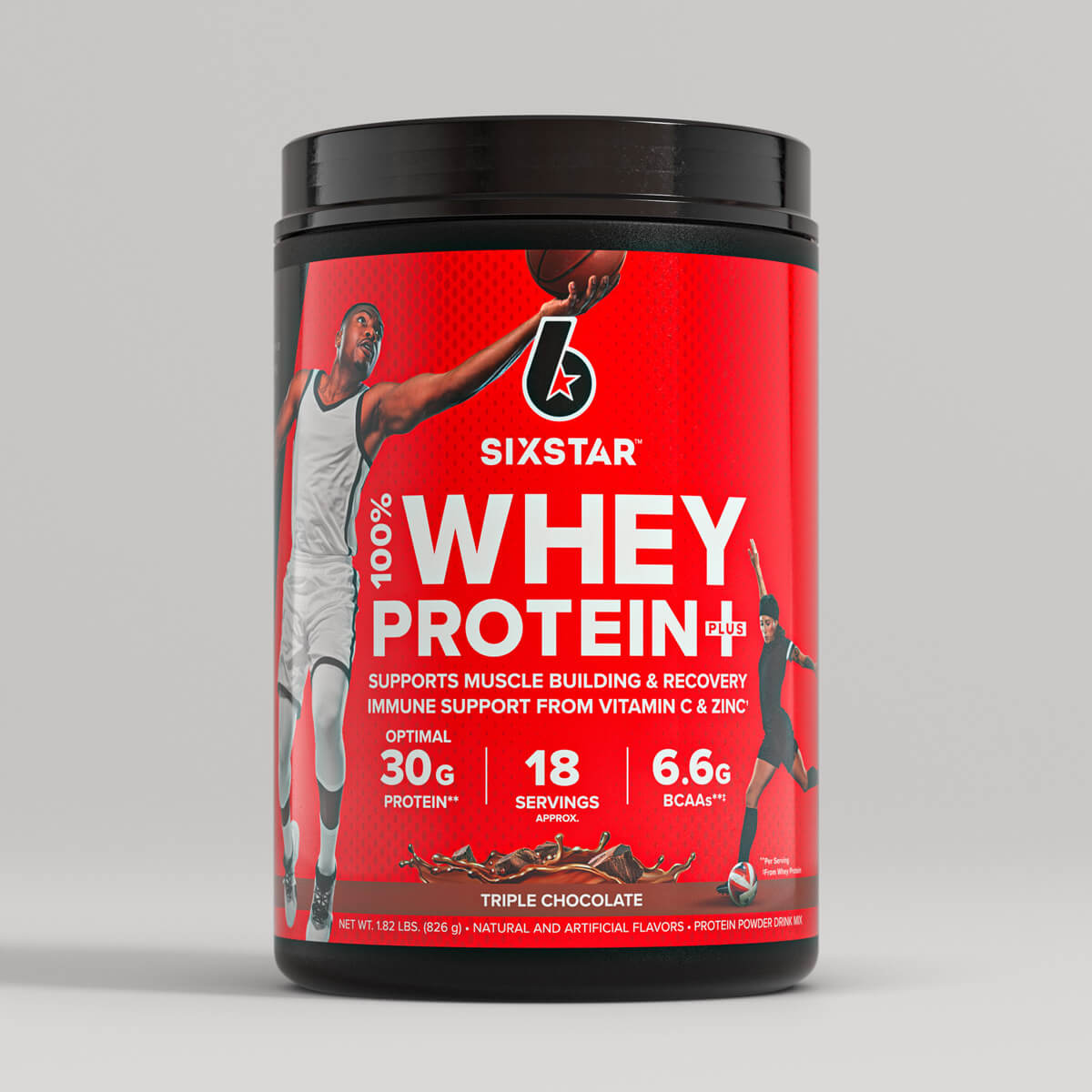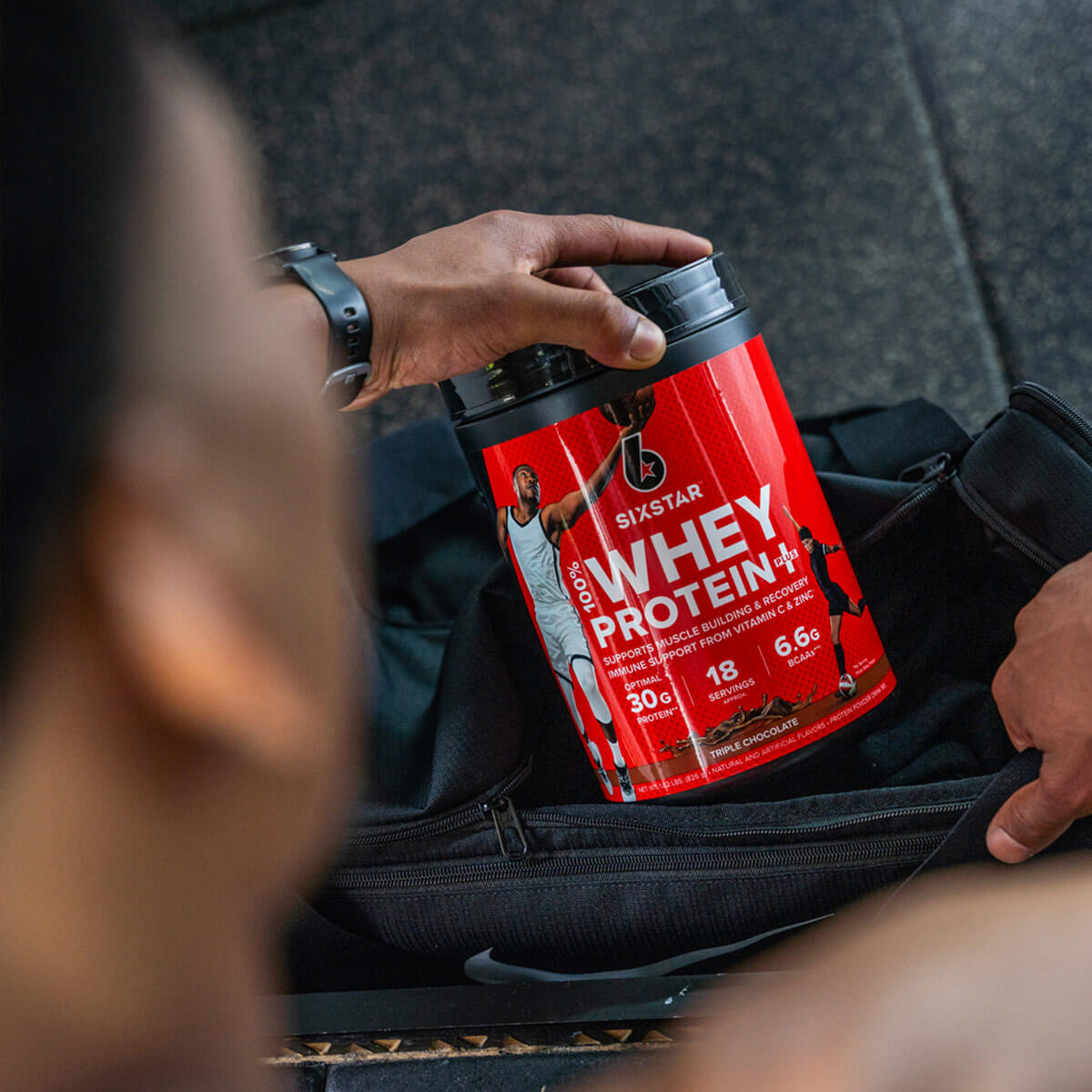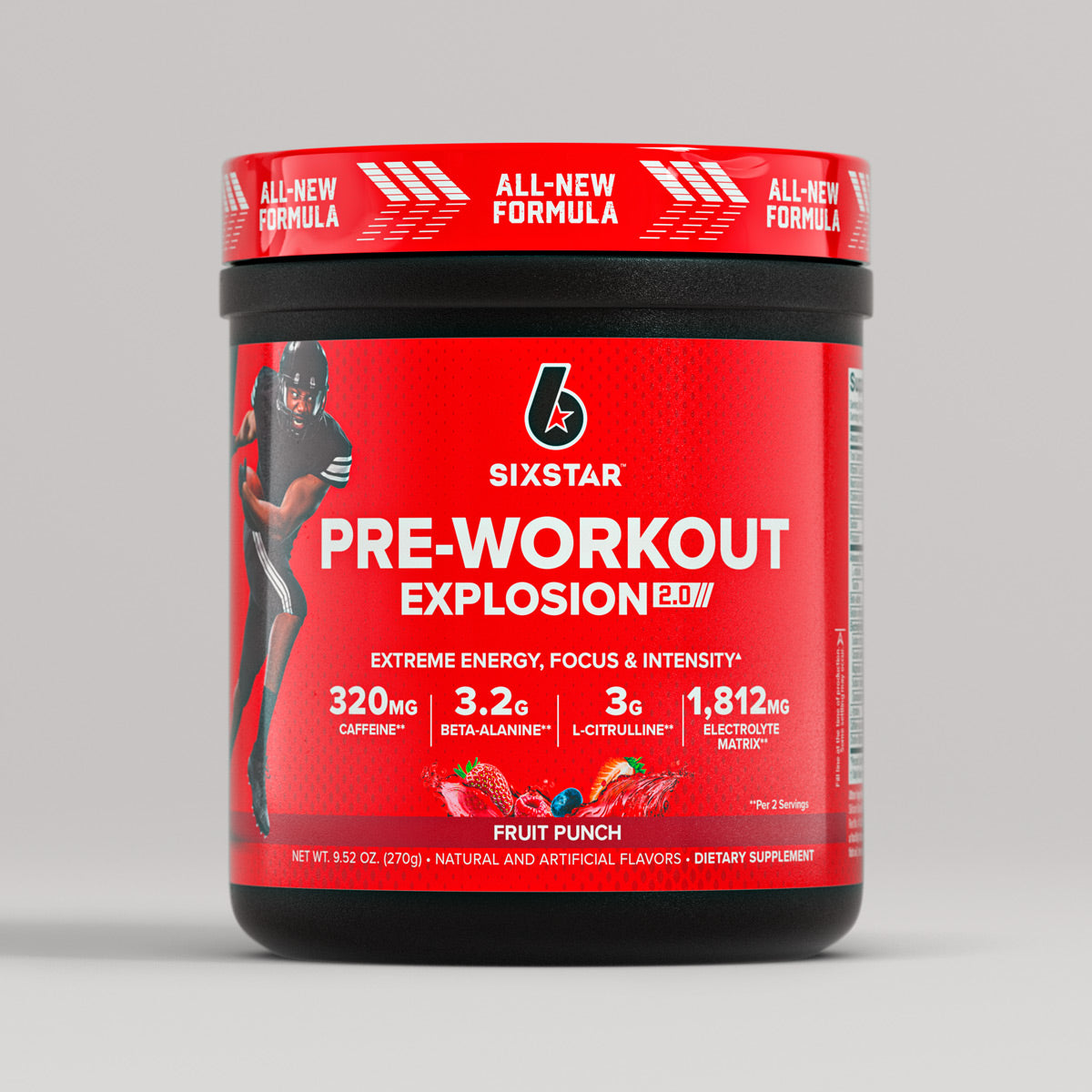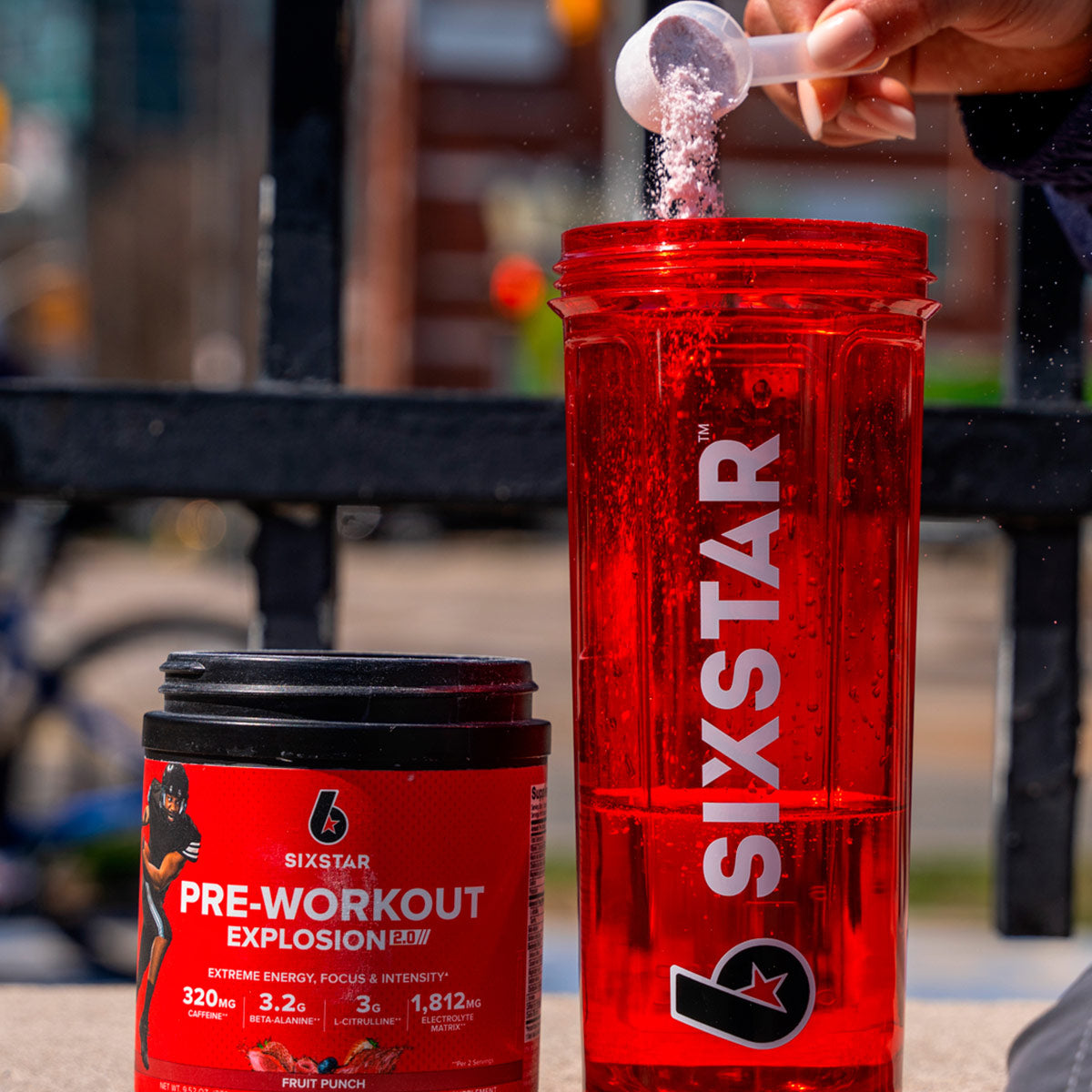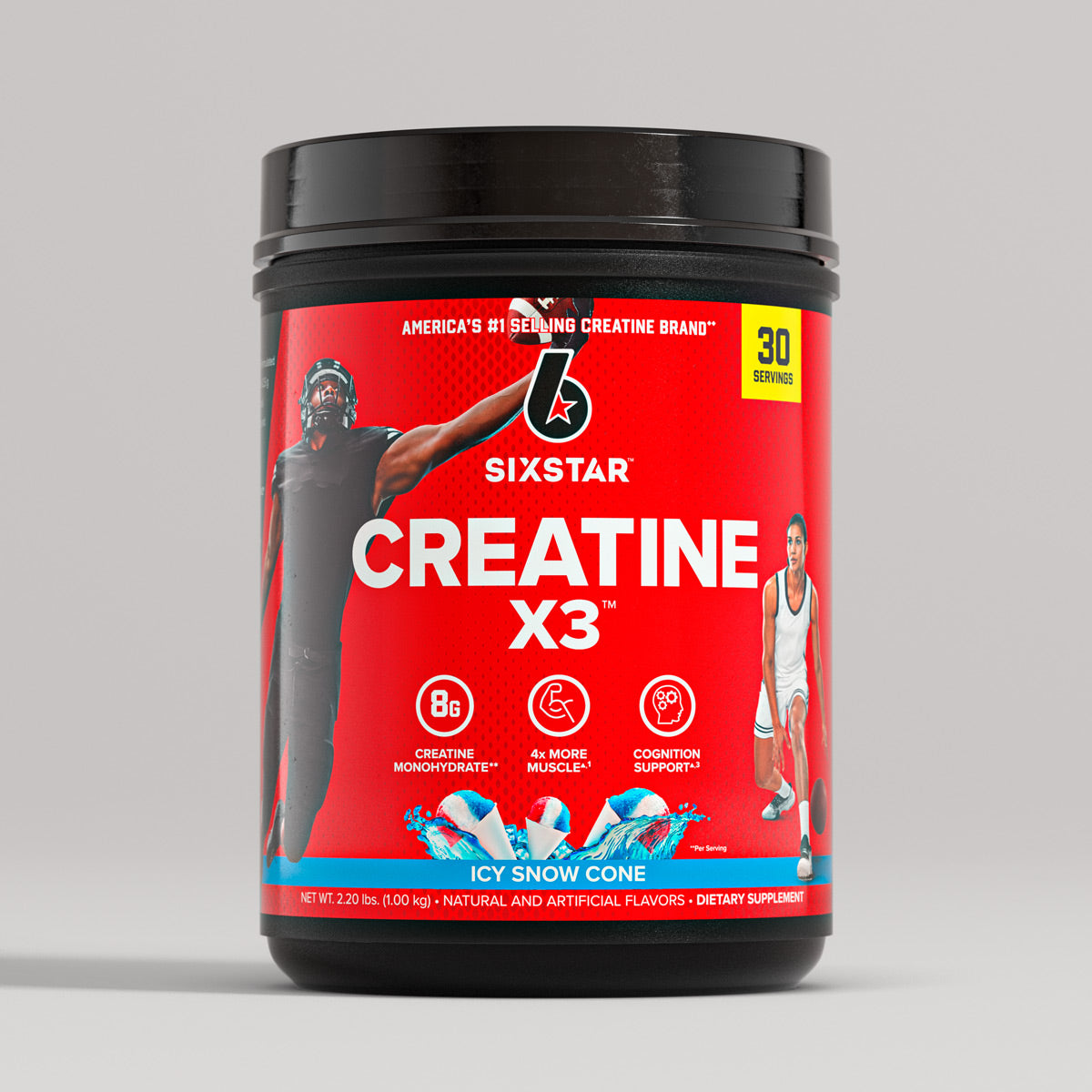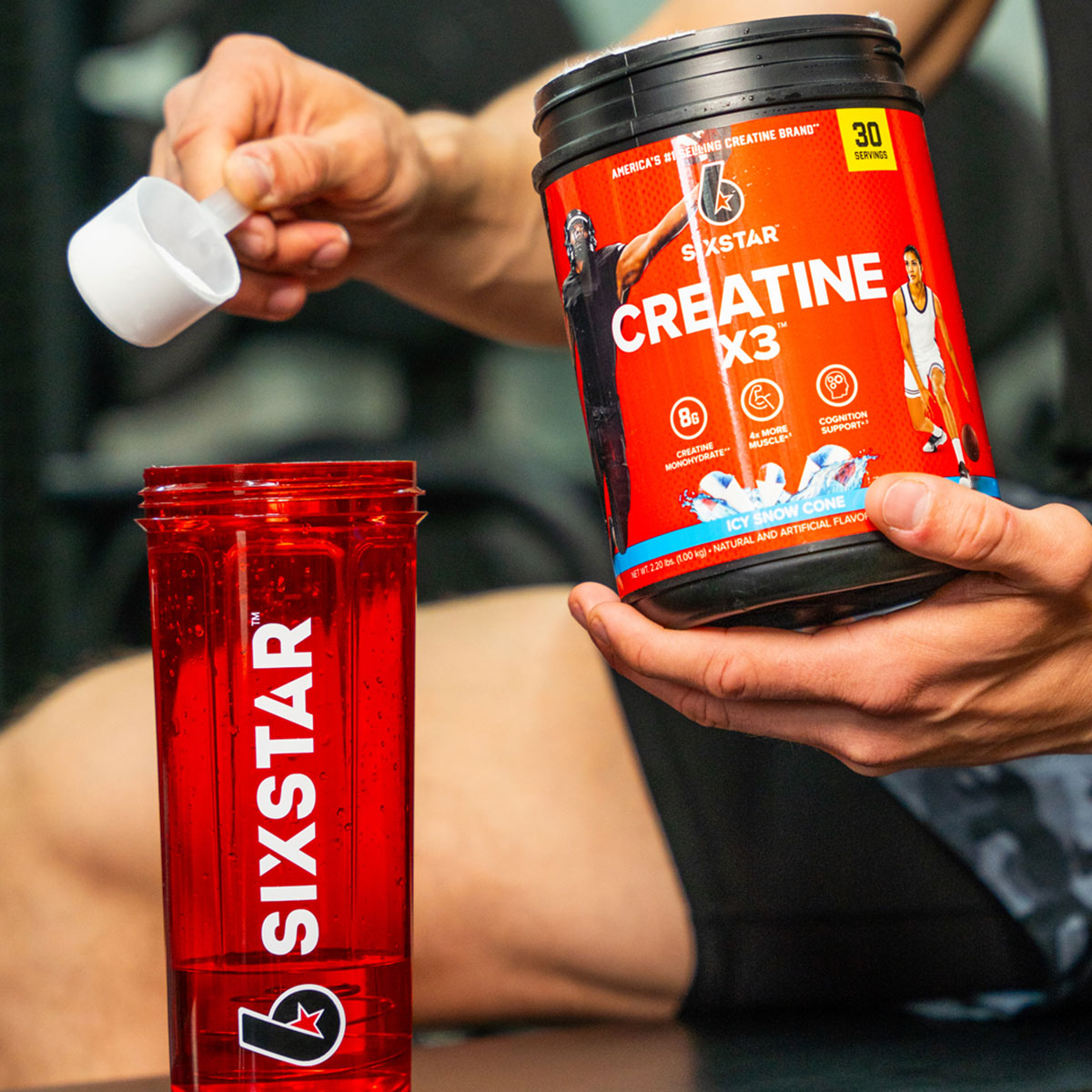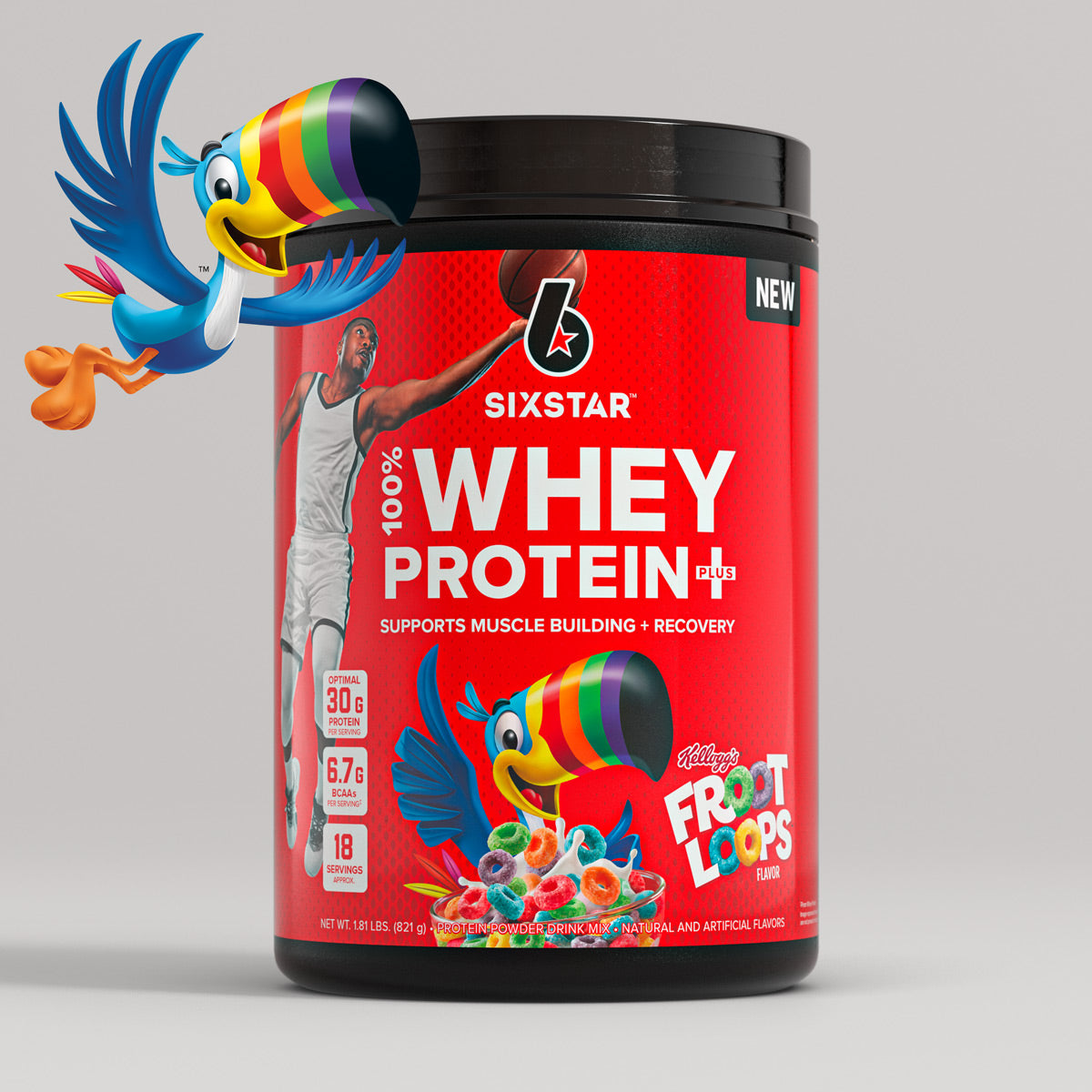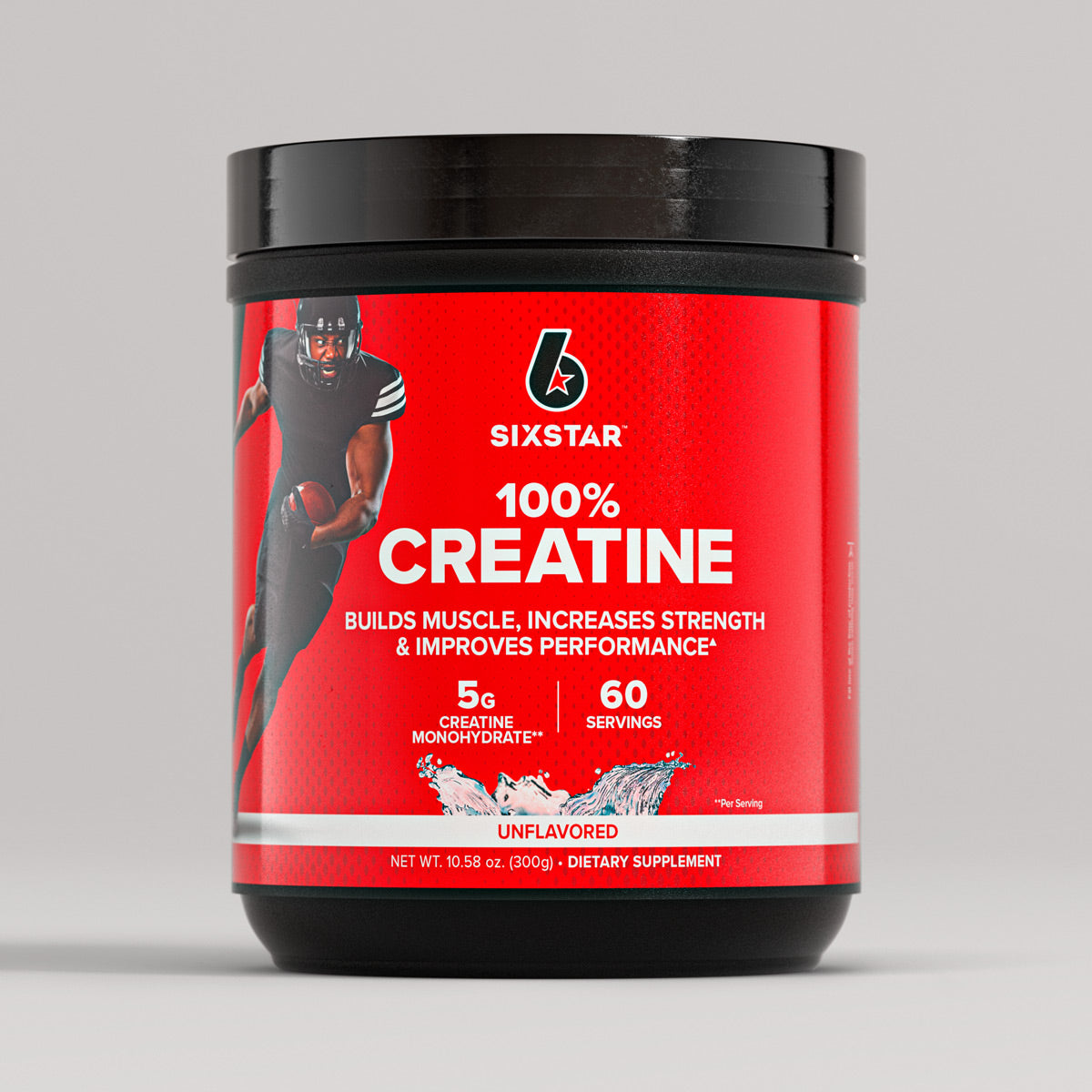For athletes striving for excellence, understanding and utilizing creatine can become an essential key in training and competition. At its core, creatine is a naturally occurring compound found in our muscles and brain.
We can say that it's your body's secret elf, quietly working behind the scenes to help you push harder, sprint faster, and lift heavier. It's not just an external supplement; in fact, our bodies produce it daily from amino acids like arginine, glycine, and methionine but sometimes it's not enough that's where a creatine supplement can be beneficial.
Now, have you heard about ATPs? If not, then let us enlighten you. During explosive bursts of activity such as sprinting to the finish line, the last few reps in a heavy lifting set, or that powerful jump shot – your muscles rely on a molecule called ATP (adenosine triphosphate). It's the primary energy currency of cells. But here's the catch, our muscles only store enough ATP for a few seconds of high-intensity work.
When you have an ample store of creatine in your muscles, it helps regenerate ATP at a faster rate, allowing you to maintain those high-intensity efforts just a little bit longer. This tiny extension in effort can be the difference between victory and defeat, a new personal record, or just another workout.
Creatine supplements serve as a backup energy reservoir, ensuring your muscles have the rapid fuel they need to perform at their peak, but the timing also plays a crucial role while taking your supplement.
This blog will look at the benefits and differences that the timing of your supplementation can make, to ensure you have the energy needed to perform at your best.
Taking Creatine Before a Workout
As we dive deeper into the world of creatine, one of the recurring debates is about the best time to consume this powerful supplement. Among the most popular times is just before a workout, and for good reason.
As mentioned above we want to make sure the body has everything it needs to create energy when we need it the most, creatine helps with that but can also provide the following benefits:
1. Immediate Energy Reservoir
Consuming creatine before your workout acts as an immediate reservoir for the production of ATP. When you start pushing your limits, your muscles tap into this reservoir to replenish ATP faster, giving you that extra boost to power through your intense sessions.
2. Strength Amplification
Creatine is known to enhance muscle torque and power. This means that over time, with consistent pre-workout creatine intake, you could see an increase in your ability to lift heavier weights and produce more force in high-intensity activities.
3. Endurance and Fatigue Resistance
While creatine is often associated with short, explosive activities, it also has a role in delaying the onset of muscle fatigue. By enhancing phosphocreatine stores in the muscles, creatine can help extend the duration of high-energy output before exhaustion sets in. This means you are able to give just a little bit more as the game clock is winding down.
4. Enhanced Muscle Pump
Many athletes report a fuller "muscle pump" when taking creatine pre-workout. This is due to increased water content in the muscle cells, leading to a more volumized appearance and potentially helping in muscle repair and growth.
Shop & Save on Quality Pre-Workout
Taking Creatine Post-Workout
The world of creatine is vast, and while many athletes swear by its pre-workout benefits, there's a strong case to be made for its post-workout effects. Here we have unpacked the reasons why consuming creatine after your intense workout session could be a good step towards recovery and muscle development.
1. Muscle Repair and Growth
After an intense workout, your muscles are in a state of micro-trauma. This isn't a bad thing; in fact, it's this very process that leads to muscle growth. Creatine can accelerate this repair process.
When consumed post-workout, it helps to refill the muscle's phosphocreatine stores, prepping them for the next workout and helping in recovery.
2. Enhanced Nutrient Uptake
The period right after a workout is often termed the "anabolic window" because muscles are particularly receptive to nutrients. Consuming creatine during this time can increase its uptake into the muscles.
Plus, when taken with a carbohydrate source, insulin levels spike, which further facilitates the transport of creatine into the muscles.
3. Reduction in Muscle Soreness
You all may know the feeling—the dreaded muscle soreness that comes a day or two after a grueling session. Creatine, with its muscle recovery properties, can help reduce the severity and duration of this soreness, allowing you to get back into action quicker.
4. Combating Muscle Breakdown
Beyond just helping in muscle growth, creatine post-workout can also help in preventing excessive muscle breakdown. The quicker replenishment of phosphocreatine stores can provide an anti-catabolic effect, ensuring that all the hard work you put into your workout doesn't go to waste.
5. Improved Recovery
Recovery isn't just about muscles. It's about giving your entire body, including your central nervous system and joints, the tools they need to recuperate. By helping in quicker ATP synthesis, creatine can help improve your all-around recovery rates, making sure that you're always at your best for the next training session.
Save on High-Quality Protein Powders
Taking Creatine on Rest Days
While the focus is more on workout days when discussing creatine, there's a quieter, yet equally significant reason about its role on rest days. Let's delve into why maintaining a consistent creatine intake even on your off days can be beneficial in your fitness journey.
1. Maintaining Muscle Creatine Stores
The primary goal of consuming creatine is to saturate the muscles with creatine phosphate, ensuring that the ATP replenishment system is always operating at its peak.
Skipping creatine on rest days can lead to a gradual depletion of these reserves, especially if the gaps between dosages are too long. Continuous supplementation ensures that these stores remain topped up.
2. Supporting Muscle Repair and Growth
Rest days don't mean just lying on the couch. In fact, these are the days when muscle repair and growth happens. Even when you're not actively working out, your muscles are busy repairing themselves, and creatine helps in this process by providing the necessary cellular energy for muscle cell functions.
3. Consistency Equals Predictability
One of the key aspects of any supplementation or dietary strategy is consistency. Regularly taking your creatine, even on rest days, creates a stable routine that can help in better tracking your progress and understanding how creatine affects your body.
4. Good Cellular Hydration
Creatine is known to increase water content within muscle cells, a process that can benefit protein synthesis. By consuming creatine consistently, even on rest days, you're ensuring that this cellular hydration remains at its best, indirectly supporting muscle growth.
Time Your Creatine Mindfully
In the vast scope of fitness and supplementation, knowledge is power. You're better equipped to harness the complete potential of your energy molecules by simply understanding the concept of creatine and its timing, so that you can integrate it seamlessly into your fitness regimen.
The best time to take creatine has been a hot topic of debate for years, and while there's no definitive "one-size-fits-all" answer, the effects of creatine consumed in different scenarios offer different results:
- Pre-workout / Pre-game – aids in energy, endurance and strength levels
- Post-workout – aids in recovery, while helping reduce soreness
- Rest days – allows you to maintain creatine stores and better assess its impacts to your training
So, it's all about what works best for you and when your body requires it the most. Experiment, experience, and evaluate that way, you'll be able to know the best time to take creatine for you.
Happy training!
SHOP The Athlete Starter Stack
Also Read:

